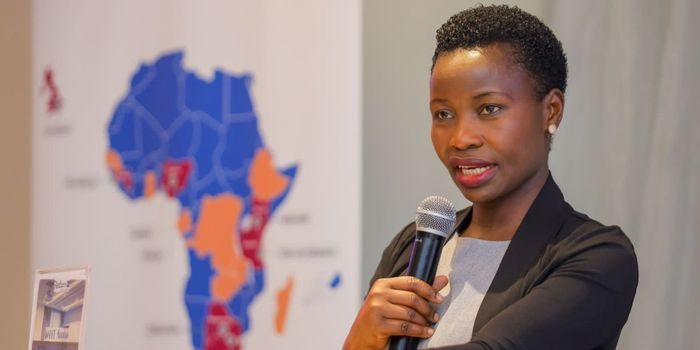In recent developments, both Kenya and Uganda have taken steps to reform their mining sectors. Uganda implemented the Mining and Minerals Act last year, aimed at ensuring responsible and integrated mineral resource utilization. Now, Kenya is following suit by considering amendments to its 2016 Mining Act.
The proposed Mining (Amendment) Bill in Kenya includes the establishment of a Mining Regulatory Authority to replace the current Mining Rights Board. Additionally, a Mining Rights Tribunal will be introduced to handle dispute resolution. These changes aim to enhance efficiency in overseeing the mining industry by separating policy formulation from administration and dispute resolution.
The new Mining Regulatory Authority in Kenya will have expanded responsibilities, including control over mineral exploration, extraction, production, processing, refining, transportation, storage, exportation, importation, and sale. The National Assembly’s Environment, Forestry, and Mining committee believes these amendments will streamline operations and reduce regulatory uncertainty.
Uganda’s mining sector underwent reforms with the Mining and Minerals Act, which established the Uganda National Mining Company to hold up to 15 percent equity in large and medium mining operations. This law also prioritizes environmental protection, mineral conservation, and value addition before exportation.
These changes come at a time when the demand for specific minerals necessary for low-carbon economies is projected to rise. Kenya has identified rich deposits of copper, graphite, manganese, nickel, iron ore, and nickel-cobalt, while Uganda possesses abundant reserves of copper, cobalt, and iron ore.
However, some experts in the sector remain skeptical about the impact of these reforms. Dr. Patrick Kanyoro, the chairperson of the Kenya Chamber of Mines, emphasizes the need for political will and the independence of the proposed Mining Regulatory Authority to address long-standing challenges.
Moreover, both countries must grapple with the “resource curse,” a phenomenon where mineral wealth fails to translate into economic growth and can lead to corruption, poor governance, and conflict. Dr. Kanyoro suggests that addressing this issue requires a collaborative effort involving local communities, governments, industries, and civil society organizations.




















